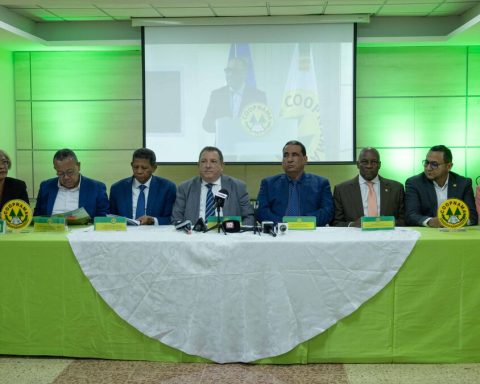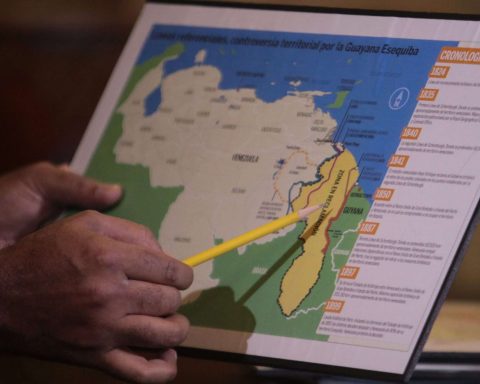TO
yes as in the In the Middle Ages, the majority was subjected to the threat of hell and the promise of paradise under the inquisitorial gaze and armed arm of a religion that filled its pockets with gold, handed out hellish condemnations or sold heavenly plots. During the last decades, large capitals colluded with governments led humanity to an era of fanatic obscurantism and worship of a new all-powerful god, money, whose spending became heaven and its lack became hell. Under the neoliberal model, the ability to spend determines human quality and the reward or punishment is immediate: wealth or poverty.
The promoters of neoliberalism in Mexico promised that this model would accelerate growth and thus reduce poverty and inequality. The result was the opposite. The promises were not kept and the inequality gap increased, plunging millions of people into misery. The internal sources of growth were stifled, leading to inequality not only occurring between people, but also between countries. Wellbeing for the family
was Ernesto Zedillo’s campaign slogan; whose family? we might ask.
Rights ceased to be rights and became privileges, and freedom was obtained only through spending. Since some could spend more than others, the poor lost their freedoms, causing not only an economic crisis but also a social one. Under this model of competition as an essential characteristic of social relations, any attempt to limit it was contrary to what is understood by freedom.
The reduction in state investment affected the poorest, who were marginalized when their rights were privatized and turned into privileges. Social security stopped guaranteeing basic services that only those who could afford to pay for could access. Inequality became a virtue of a model that turned spending into a sacrament. People stopped being subjects of rights and became consumers whose main exercise was to exercise their rights. democratic
was buying and selling. This rewarded a false merit
to punish an alleged ineptitude
.
To avoid further weakening of the State’s capacity to address social needs and achieve shared development, it was necessary to initiate a transformation in Mexico. This took place in 2018 through a peaceful and democratic revolution that, by popular mandate, first attended to the poor in order to benefit everyone. First the poor
It should not be understood as a political phrase, but rather as a policy that, through various actions, seeks to reduce inequalities and disadvantages in order to abolish old and harmful practices that marginalized the poor, preventing them from having access to opportunities to escape poverty. In other words: to escape poverty, one had to pay, as absurd and miserable as that is.
The transformation that began in 2018 is less than a week away from starting what has been called the second floor
Claudia Sheinbaum, who will be sworn in as Mexico’s first female president on October 1, is committed to continuing to build equality and combat discrimination in all its forms. Increases to the minimum wage and welfare programs will continue, becoming constitutional rights.
Austerity is a principle and humanism is a distinction, said three days ago the president-elect, Claudia Sheinbaum. As long as her call not to believe in consumerism or the power of money is respected, and thus to believe in a people of freedoms and justice, in a sovereign and democratic Mexico in which the people rule, the transformation that the country is experiencing – the fourth – will finally be able to resolve the pending issues of the previous three. The struggles for Independence, Reform and the revolutionary movement have pending principles, resolving them will end up burying the viceregal legacies that unfortunately seem to be still in force in a sector of the population that, out of fear or ignorance, is unable to understand the common good, because it conceives of rights as privileges, and privileges as something of its property. For this reason, the 4T is and must continue to be a cultural and principled transformation.
















